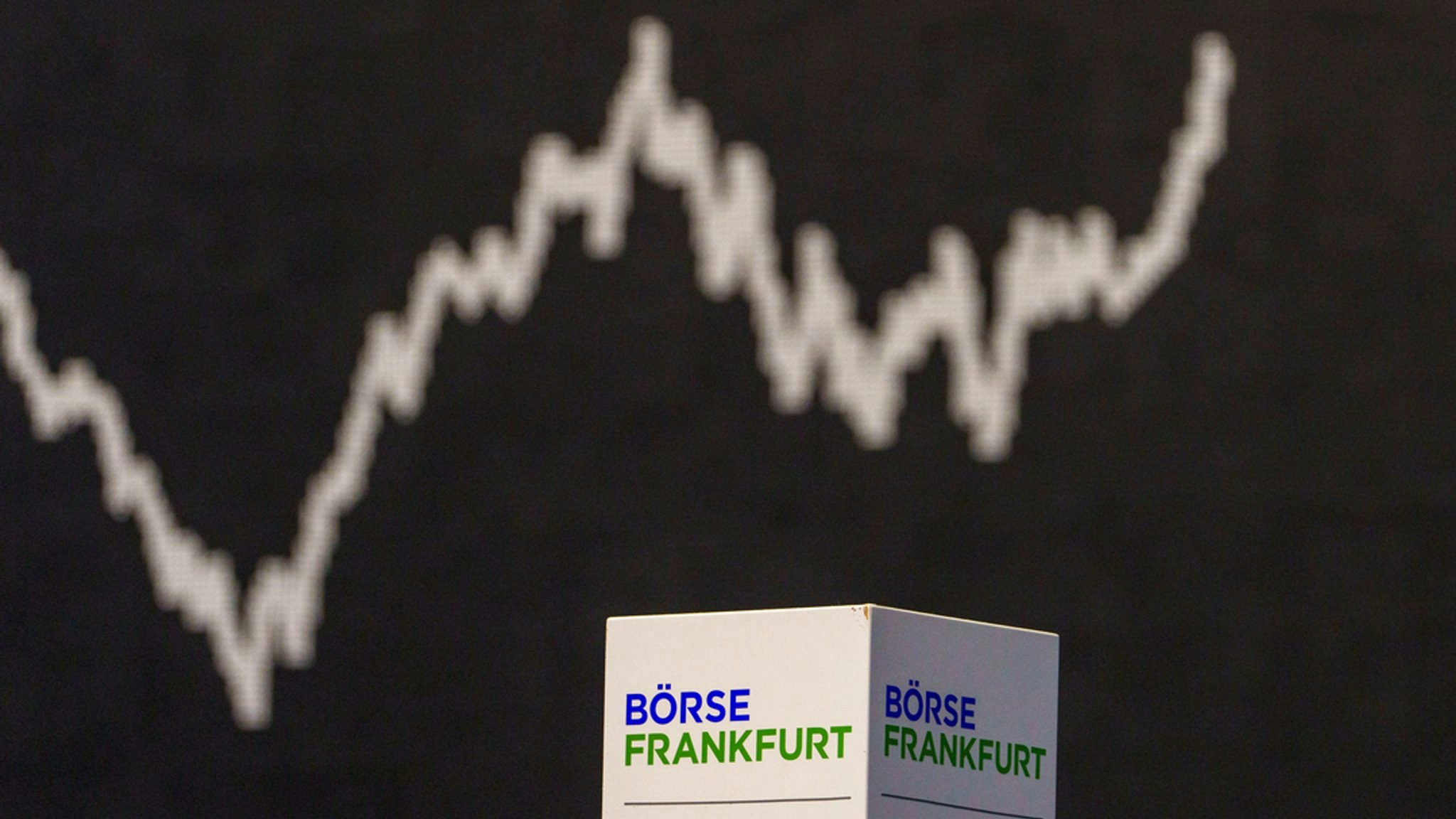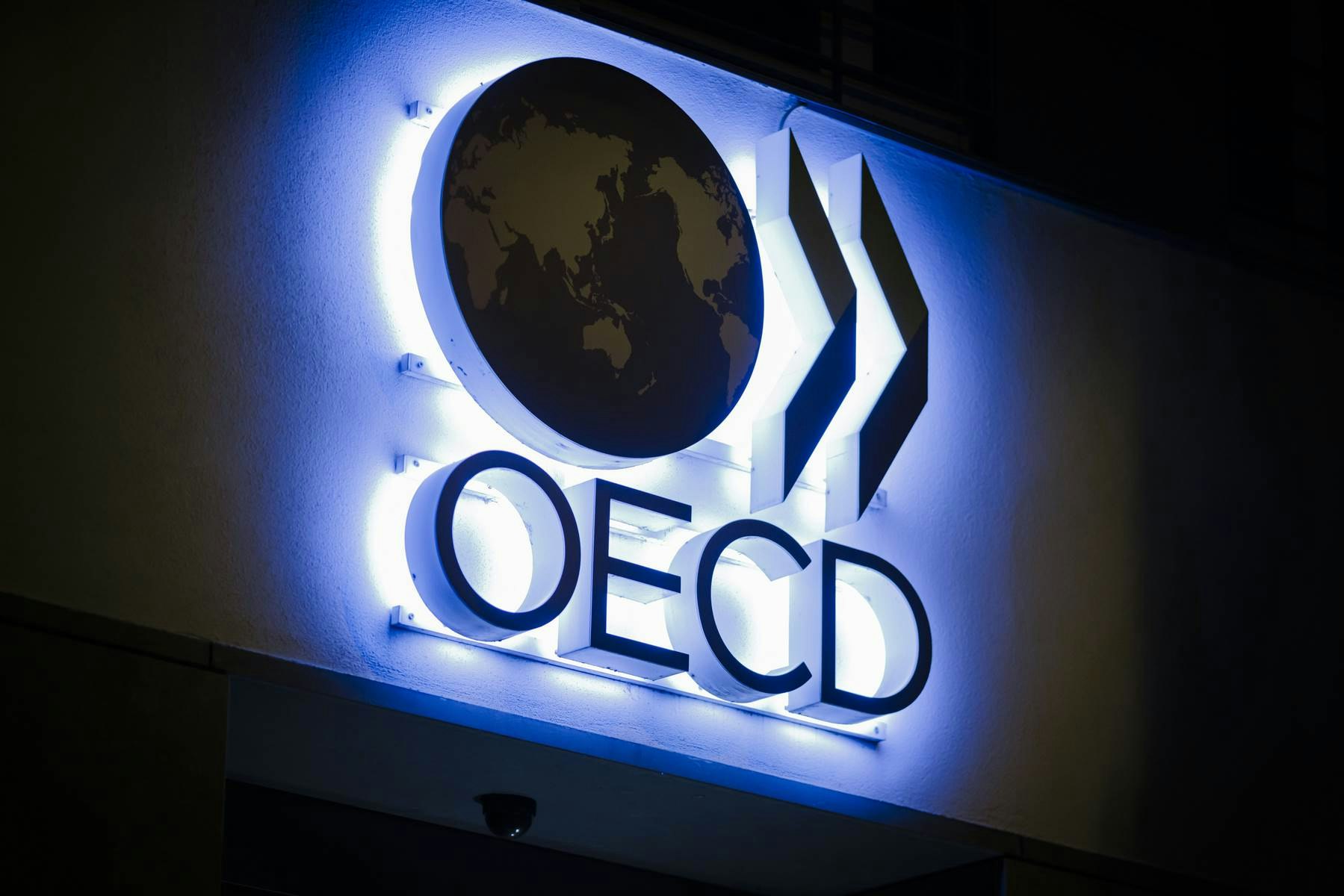In an unprecedented move, Vodafone and Microsoft have forged a ten-year partnership that will shape the future of digital services. With an investment of over $1.5 billion in AI projects, this partnership marks a turning point in the use of artificial intelligence (AI) in the telecommunications industry.
The goal of the partnership is to revolutionize Vodafone's services through Microsoft's advanced AI technology. A central role is played by the improvement of the service assistant "TOBi", which thanks to Microsoft's technology will soon be able to understand and handle complex customer issues.
This step reflects both companies' efforts to optimize the interaction between humans and machines and take the customer experience to a new level.
In addition to "TOBi," other customer-centric services from Vodafone are supported by Microsoft's cloud service Azure. This indicates a deep integration of Microsoft technology into the Vodafone network. Vodafone employees also benefit from this partnership as they gain access to Microsoft's AI assistant "Copilot," which will accelerate the processing of emails and Excel spreadsheets. This is based on the successful language model GPT-4 by OpenAI, in which Microsoft is significantly involved.
The partnership also includes an investment from Microsoft in a global platform for the Internet of Things (IoT), which is currently being built by Vodafone. This platform, which is expected to be spun off as a separate subsidiary in April, will be integrated into Microsoft's Azure Cloud. This promises to revolutionize the IoT landscape by attracting new partners and customers and driving growth in applications.
An important aspect of the partnership is data protection. Microsoft emphasizes that customer data from Vodafone will be exclusively used for AI models that are exclusively available to the company. Philippe Rogge, Vodafone's Germany CEO, comments: "We are combining digital future technologies to create new digital services for businesses and private customers."
The announcement also includes the development of digital and financial services, particularly for small and medium-sized businesses in Europe and Africa. Although the details are still vague, this indicates a comprehensive digital strategy that goes beyond traditional telecommunications services. Over the next ten years, Vodafone plans to invest approximately 1.37 billion euros in the services developed in collaboration with Microsoft.
In return, Microsoft will use Vodafone's landline and mobile services and modernize the infrastructure of their data centers with Microsoft's Azure. This financial commitment underscores the extent and importance of the partnership for both companies.
Interestingly, a Vodafone spokesperson emphasizes that the partnership is not exclusive. This means that both companies can also enter into similar agreements with competitors. This aspect is remarkable and indicates an open strategy that prioritizes flexibility and cooperation over traditional competition.
The partnership between Vodafone and Microsoft goes far beyond the mere integration of technologies. It embodies a strategic vision that aims to redefine the way in which businesses and consumers interact with digital services.
The use of AI aims to not only strengthen one's own position but also enrich the overall digital landscape in various aspects of the business model.
The Integration of AI in Telecommunication Services: a Decisive Step in the Evolution of the Sector
This development highlights the growing importance of AI as a key element in the provision of telecommunications services.
The Investment in a Global Platform for the Internet of Things (IoT) and Its Integration into Microsoft's Azure Cloud is another Milestone of this Partnership. This Initiative has the Potential to fundamentally Change the IoT Ecosystem by Providing a more Robust, Scalable, and Secure Environment for Connecting Devices, Vehicles, and Machines.
Through this collaboration, a platform is created that not only increases efficiency but also opens up new opportunities for innovation and business models.
The fact that the partnership is not exclusive demonstrates a modern approach in business strategy. It allows for flexibility and shows the willingness of both companies to adapt to rapidly changing market conditions and promote collaborations. In an industry characterized by rapid change and intense competition, this open attitude could be crucial in staying at the forefront.
The ten-year strategic alliance between Vodafone and Microsoft is more than just a partnership between two giants of the technology industry; it is a move towards a future where AI and cloud technologies form the key pillars of digital services.
This collaboration is a clear sign that the telecommunications industry is ready to embark on innovative paths and actively shape digital transformation. It will be exciting to observe in the coming years how this partnership develops and what impact it will have on the global digital landscape.







